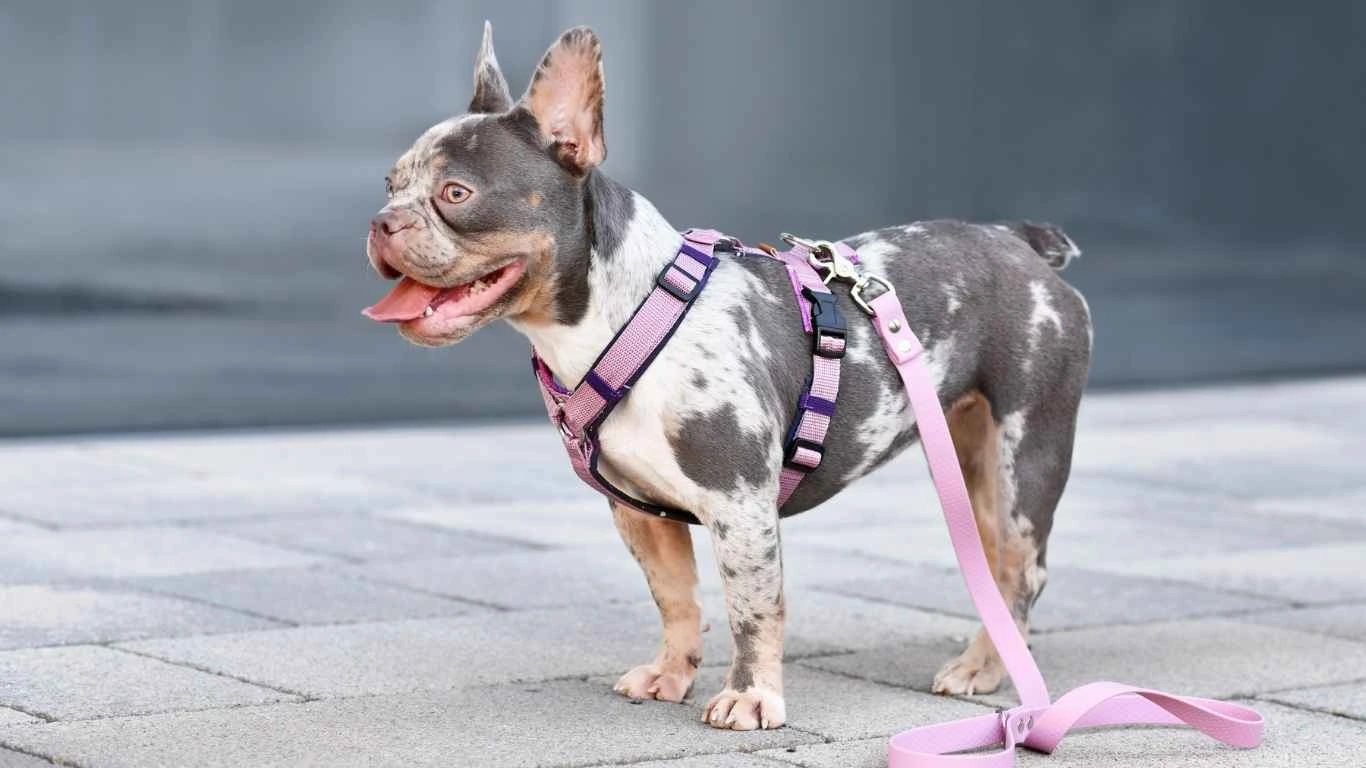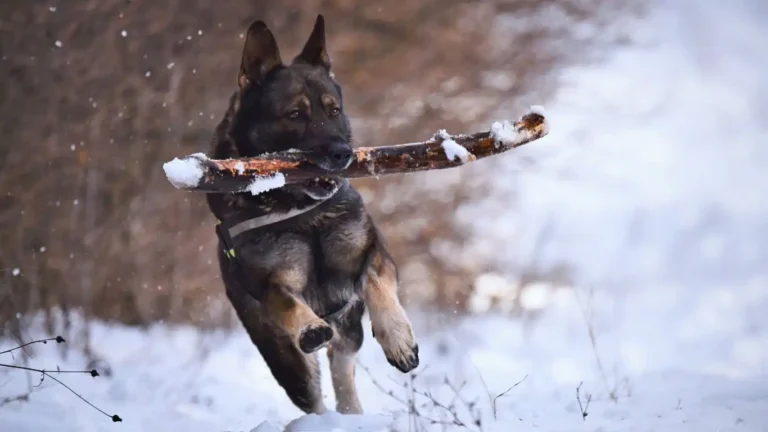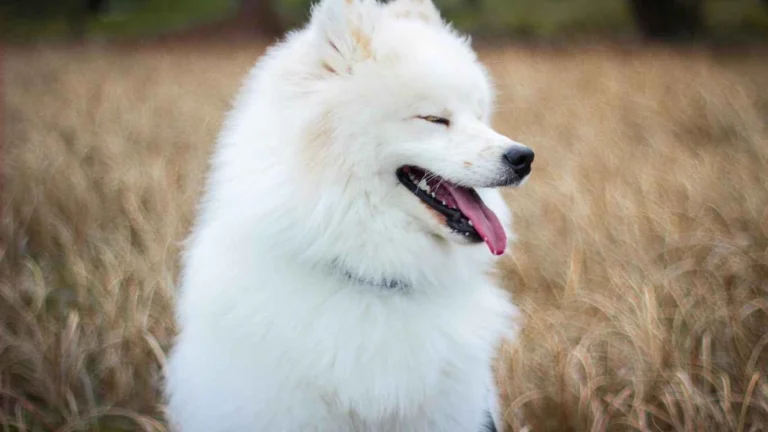Is Boiled Cassava Safe or Harmful for Dogs to Eat?
Many dog owners enjoy sharing a little of what’s on their plate with their pets. It’s a simple gesture—an act of love. But when it comes to certain foods like boiled cassava, that love comes with responsibility.
Cassava is a starchy root vegetable commonly found in tropical cuisines. It’s hearty, filling, and often used as a substitute for potatoes. Naturally, you may wonder if it’s safe to offer your dog a bite. The answer depends on how it’s prepared and how much you’re offering.
This article walks you through what boiled cassava is, how it affects dogs, and what to watch for if your pet happens to eat it. We’ll also discuss what veterinarians and pet nutrition experts recommend. If you’ve ever considered feeding cassava to your dog, this gentle guide is for you.
Understanding Cassava
Cassava, also known as yuca, is rich in carbohydrates. It provides energy and is naturally gluten-free. But cassava also contains compounds that can be harmful if not handled correctly—particularly cyanogenic glycosides, which can release cyanide in the body.
Boiling cassava reduces these toxins significantly. That’s why preparation is key. Raw or undercooked cassava should never be offered to dogs—or to humans, for that matter. When properly boiled, small amounts of cassava are generally safe, but that doesn’t mean they’re ideal.
Dogs have different nutritional needs than humans. Their digestive systems respond differently to starches and fibers. While cassava can be digestible when cooked, it offers little nutritional value for dogs.
Can Dogs Eat Boiled Cassava?
In small, well-cooked portions, boiled cassava is not toxic to dogs. However, it should only be an occasional treat—not a regular part of their diet.
Too much cassava can lead to digestive upset. It’s heavy in carbohydrates and fiber, which may be difficult for some dogs to process. There’s also the risk of feeding it improperly prepared, which can introduce toxins.
Moderation is the safest approach. Think of boiled cassava as you would a piece of plain bread—okay in tiny amounts, but not something dogs need to thrive.
Signs and Symptoms
If your dog has eaten a moderate to large amount of cassava—especially if it was raw or undercooked—you may notice signs of discomfort or illness.
- Vomiting or gagging
- Diarrhea
- Lethargy or weakness
- Loss of appetite
- Excessive drooling
- In severe cases, difficulty breathing or tremors
These symptoms can appear within a few hours. If cassava was well-boiled, symptoms are usually mild and may resolve on their own. Still, it’s important to watch closely, especially if this was the first time your dog tried it.
Causes
The most common cause of illness related to cassava in dogs is improper preparation. Raw cassava contains naturally occurring compounds that convert into cyanide during digestion. Boiling helps break down most of these compounds, but even cooked cassava isn’t completely risk-free.
Another cause of symptoms may be simple overindulgence. Dogs are not used to large amounts of starch or fiber from root vegetables. Their stomachs can be sensitive to sudden changes in diet.
Some dogs are more sensitive than others. Puppies, small breeds, or those with existing digestive issues might react more strongly to new foods—even when cooked properly.
When to Get Help
If your dog shows any signs of illness after eating cassava, it’s wise to consult a veterinarian. Early intervention is always safer, especially if your dog ate raw cassava or a large portion.
Seek veterinary help if your dog:
- Can’t stop vomiting
- Has severe or persistent diarrhea
- Becomes unusually sleepy or unresponsive
- Shows signs of breathing difficulties
- Seems confused or begins twitching
These signs may indicate something more serious, like cyanide poisoning. Though rare from a small amount of boiled cassava, it’s better not to take chances with your pet’s health.
Treatment
For mild stomach upset, your vet may recommend a bland diet for a day or two—plain boiled chicken and rice are common choices. Always offer fresh water and allow your dog to rest.
In more severe cases, especially if poisoning is suspected, treatment may include:
- Activated charcoal to absorb toxins
- IV fluids to prevent dehydration
- Medications to control nausea or seizures
- Oxygen therapy if breathing is affected
Veterinarians are trained to identify and manage toxin exposure in pets. Most dogs recover well with prompt care and support.
Safe Alternatives to Cassava
If you’re looking for a treat that’s a bit safer and more beneficial for dogs, consider options like:
- Carrots – crunchy and full of fiber
- Sweet potatoes – rich in vitamins, when cooked plain
- Pumpkin – gentle on the stomach, great for digestion
- Apples – in small pieces without seeds
These foods are not only safer but offer more nutrients that support your dog’s health. Keep portions small, and introduce new foods slowly to avoid upsetting their stomach.
Expert Perspective
Veterinary nutritionists often emphasize balance and species-appropriate diets. Dogs are omnivores, but their primary nutrition should come from quality proteins and fats—not root vegetables like cassava.
Studies have shown that consistent exposure to non-traditional foods can lead to long-term digestive issues in some dogs. While occasional treats are okay, daily meals should be designed with your dog’s biology in mind.
Trustworthy sources, such as your vet or a board-certified pet nutritionist, can help guide food choices that support long-term health. It’s always okay to ask questions, especially when introducing new ingredients.
Experience from Other Pet Owners
Some dog owners have shared that their pets handled a small piece of boiled cassava just fine. Others noticed gassy stomachs or a little diarrhea afterward. What seems safe for one dog may not be for another.
These personal experiences remind us that every dog is different. Age, breed, size, and existing health conditions all matter when introducing new foods. If you choose to try cassava, keep it small, plain, and watch how your dog responds.
A Final Word of Care
Boiled cassava isn’t poisonous to dogs in small, occasional amounts—but it’s not particularly nourishing either. It’s not something dogs need, and it comes with potential risks if handled improperly.
When in doubt, less is more. Stick with foods designed for your dog’s digestive system. And if your pet ever seems unwell after eating something new, don’t hesitate to call your vet.
Your care, patience, and attention make a world of difference to your dog. When you pause to ask questions like these, you’re already doing something right.





